Content
Free Mental Health Assessment
What To Expect When Increasing Lexapro Dosage

Reviewed by Daniel Z. Lieberman, MD
Written by Geoffrey Whittaker
Published 07/15/2022
Updated 01/27/2025
Dosage adjustments are common with antidepressants like Lexapro®, whether you’re starting treatment or modifying your dose after years of use.
Increasing antidepressant dosages might make you more likely to experience side effects. But everyone reacts differently to Lexpro dosage increases.
Below, we separate fact from fiction about what happens when increasing Lexapro dosage.
Content
Lexapro is the brand name for a medication called escitalopram, an antidepressant in the selective serotonin reuptake inhibitor (SSRI) family.
SSRIs can help people with mood and psychiatric disorders, like generalized anxiety disorder or depression.
These medications have approval from the Food and Drug Administration (FDA) to treat depression and anxiety. Unlike the herbal supplements, illegal drugs, and over-the-counter (OTC) medications, they’ve been shown to be safe and effective.
Doctors also sometimes prescribe them off-label for mental health conditions like obsessive-compulsive disorder (OCD).
SSRIs help regulate the neurotransmitter serotonin.
Your healthcare provider might raise or lower your dosage of Lexapro (or its generic version, escitalopram) to make sure you’re getting the most out of the medication to support your mental health.
If you’re not taking enough Lexapro and your depression symptoms either don’t improve or get worse, your provider may increase your dosage.
Everyone is different when it comes to optimal mental health treatment, brain chemistry, and tolerance to the effects of prescription drugs like Lexapro or other SSRIs.
Escitalopram is a mental health medication that helps your brain access serotonin, by stopping brain cells that produce serotonin from reabsorbing it too quickly.
SSRIs like Lexapro typically have a lower risk of side effects than older antidepressants like monoamine oxidase inhibitors (MAOIs) and tricyclic antidepressants (TCAs).
What About a Dosage Decrease?
If you’re experiencing side effects like dizziness, nausea, fatigue, or trouble sleeping, your provider may reduce your dosage.
And if you have a pre-existing medical condition like kidney, heart, or liver disease, your provider may modify your dosage to prevent adverse effects.
You shouldn’t take Lexapro with other SSRIs, SNRIs, or tryptophan. And you should let your healthcare provider know if you’re using NSAIDs, aspirin, or similar medications.
Lexapro is typically effective at doses between 10 mg and 20 mg daily.
If you're on the lower end of that spectrum and still dealing with symptoms of major depressive disorder or other mood disorder, a dosage adjustment might help.
However, higher doses can also lead to stronger escitalopram side effects.
Common side effects of Lexapro include:
Nausea
Sweating
Fatigue
Dizziness
Lethargy
Dry mouth
Side effects can happen after increasing Lexapro dosage, but they’re usually temporary and nothing to stress over. That said, if they worsen or stick around for longer than a couple of weeks, it’s a good idea to check in with your healthcare provider.
Keep an eye out for serious side effects like:
Sudden weight gain or loss
Headaches
Confusion
Suicidal thoughts
Menstrual cycle changes
Allergic reactions
Fever
Is Lexapro Safe at Higher Doses?
The maximum safe dose of Lexapro is around 20 mg per day.
Overdosing can cause serious effects, though, like:
Heart issues
Serotonin syndrome, a potentially fatal condition
Seizures
Loss of consciousness
Coma
If you think you or another person has overdosed on Lexapro or another SSRI, call your local poison control center or seek medical attention right away.
Wondering if your current Lexapro dosage is working to treat your mental health condition?
The reality is that few people find the perfect medication or dose on the first try. And it can take weeks or even months to notice effects — even when a medication is right for you.
Your healthcare provider can help give you an idea of what to expect when taking an antidepressant medication like Lexapro, including side effects.
If you’ve been taking Lexapro for a while and don’t think it’s helping or experience serious side effects, get in touch with your healthcare provider.
They can provide guidance on dosage adjustments – or might recommend trying a new medication.
Lexapro Dosage: The Bottom Line
If you’re not seeing results with Lexapro, consult a mental health professional or health care provider for medical advice.
They might recommend adjusting your dose or switching medications.
Let’s recap what we know about increasing Lexapro dosage:
It’s important to communicate with your healthcare provider. The only way to know whether you need to increase your Lexapro dosage, or if it’s even the right medication for you, is to let your provider know about any side effects and concerns.
Other medications are available. While Lexapro works for many people, it may not be the best choice for you, especially if you need a very high dose and don’t see noticeable improvements after a few months. Your provider can help you evaluate other options.
Consider other mental health tools. Medication can be helpful, but counseling or online psychiatry can also be useful for managing mental health conditions.
Your mental health matters, and there’s no one-size-fits-all solution.
Looking for more guidance? We can set you up with a free mental health consultation, a personalized treatment plan, and ongoing support that fits your needs. Get started today!
8 Sources
- Edinoff AN, Akuly HA, Hanna TA, et al. (2021). Selective serotonin reuptake inhibitors and adverse effects: A narrative review. https://pmc.ncbi.nlm.nih.gov/articles/PMC8395812/
- Escitalopram. (2023). https://medlineplus.gov/druginfo/meds/a603005.html
- Landy K, Rosani A, Estevez R. (2023). Escitalopram. https://www.ncbi.nlm.nih.gov/books/NBK557734/
- Lexapro®. (2017). https://www.accessdata.fda.gov/drugsatfda_docs/label/2017/021323s047lbl.pdf
- Liu X, Ju G, Yang W, etal. (2023). Escitalopram personalized dosing: A population pharmacokinetics repository method. https://pmc.ncbi.nlm.nih.gov/articles/PMC10544162/
- Polychroniou PE, Mayberg HS, Craighead WE, et al. (2018). Temporal profiles and dose-responsiveness of side effects with escitalopram and duloxetine in treatment-naïve depressed adults. https://pmc.ncbi.nlm.nih.gov/articles/PMC6071033/
- Side effects of escitalopram. (2022). https://www.nhs.uk/medicines/escitalopram/side-effects-of-escitalopram/
- Simon LV, Torrico TJ, Keenaghan M. (2024). Serotonin syndrome. https://www.ncbi.nlm.nih.gov/books/NBK482377/
Editorial Standards
Hims & Hers has strict sourcing guidelines to ensure our content is accurate and current. We rely on peer-reviewed studies, academic research institutions, and medical associations. We strive to use primary sources and refrain from using tertiary references. See a mistake? Let us know at [email protected]!
This article is for informational purposes only and does not constitute medical advice. The information contained herein is not a substitute for and should never be relied upon for professional medical advice. Always talk to your doctor about the risks and benefits of any treatment. Learn more about our editorial standards here.
Daniel Z. Lieberman, MD
Education
Doctor of Medicine - New York University Grossman School of Medicine, 1992
Bachelor of Arts - St. John’s College, 1985
Training
Internship & Residency - New York University Grossman School of Medicine, 1996
Medical Licenses
District of Columbia, 1996
Maryland, 2022
Virginia, 2022
Board Certifications
American Board of Psychiatry and Neurology, Psychiatry, 1997
American Board of Psychiatry and Neurology, Addiction Psychiatry, 1998
Other Certificates & Certifications
Stanford Online, AI in Healthcare Specialization Certificate, 2025
Stanford Online, Machine Learning Specialization Certificate, 2024
Affiliations & Memberships
Specialties & Areas of Focus
Mental Health
Years of Experience
33
Previous Work Experience
Professor and Vice Chair - Department of Psychiatry and Behavioral Sciences, George Washington University, 1996–2022
Publications & Research
Title: A neurotransmitter approach to the trolley problem
Published in: OBM Neurobiology
Date: 2019
URL: https://www.lidsen.com/journals/neurobiology/neurobiology-03-02-030
Title: An automated internet application to help patients with bipolar disorder track social rhythm stabilization
Published in: Psychiatric Services
Date: 2011
URL: https://psychiatryonline.org/doi/10.1176/ps.62.11.pss6211_1267
Title: Enhancing adherence to mood charting with an online version of the NIMH Life Chart
Published in: Annals of General Psychiatry
Date: 2010
URL: https://annals-general-psychiatry.biomedcentral.com/articles/10.1186/1744-859X-9-S1-S11
Title: The role of gender in single versus married patients with bipolar disorder
Published in: Comprehensive Psychiatry
Date: 2010
URL: https://www.sciencedirect.com/science/article/abs/pii/S0010440X0900128X
Title: Evaluation of the stability and validity of participant samples recruited over the Internet
Published in: CyberPsychology and Behavior
Date: 2008
Title: Pathways to change: The effect of a Web application on treatment interest
Published in: The American Journal on Addictions
Date: 2008
URL: https://onlinelibrary.wiley.com/doi/10.1080/10550490802138525
Media Mentions & Features
Washington Post, Why do passengers freak out on airplanes? Science might have the answer.
Associated Press, MillerCoors Tapping Into Millenials
The Washington Post, Holiday drinking can be hard on your health, but you can take precautions
Le Figaro (France), Daniel Z. Lieberman: «La dopamine nous pousse à acheter en nous promettant le bonheur» (Daniel Z. Lieberman: “Dopamine drives us to buy by promising us happiness”)
Men’s Health (Spain), Cómo la dopamina influye en nuestro cerebro y determina nuestra vida (How dopamine influences our brain and determines our lives).
CNBC, The psychological reason it’s so hard to work today after the riot — and how to cope
Business Insider, The reason why we self-sabotage is because our brains are wired to resist the things we want most in life
U.S. News & World Report, How Your Secrets Can Damage and Maybe Even Kill You
Why I Practice Medicine
I practice medicine because I believe that mental health is the foundation of a meaningful life. When people suffer psychologically, it touches every part of their existence—from relationships to work to the simple ability to feel joy. Because it can be so difficult for people who are suffering to find good mental health care, my mission has been to expand access through technology, so that no one is left behind.
Hobbies & Interests
I like to write in my spare time. I’ve written two nonfiction titles, Spellbound: Modern Science, Ancient Magic, and the Hidden Potential of the Unconscious Mind and the international bestseller, The Molecule of More: How a Single Chemical in Your Brain Drives Love, Sex, and Creativity--and Will Determine the Fate of the Human Race
Professional Website or Profile
danielzlieberman.com
Related Articles
Related Conditions
 Anxiety
Anxiety
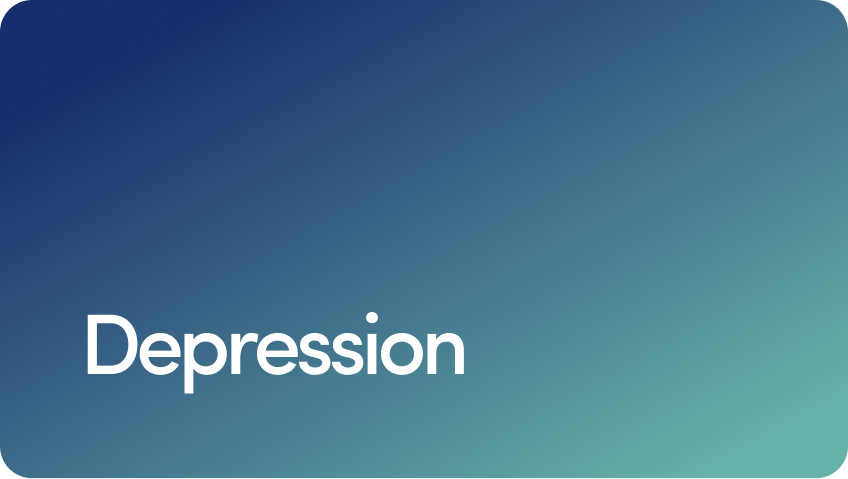 Depression
Depression
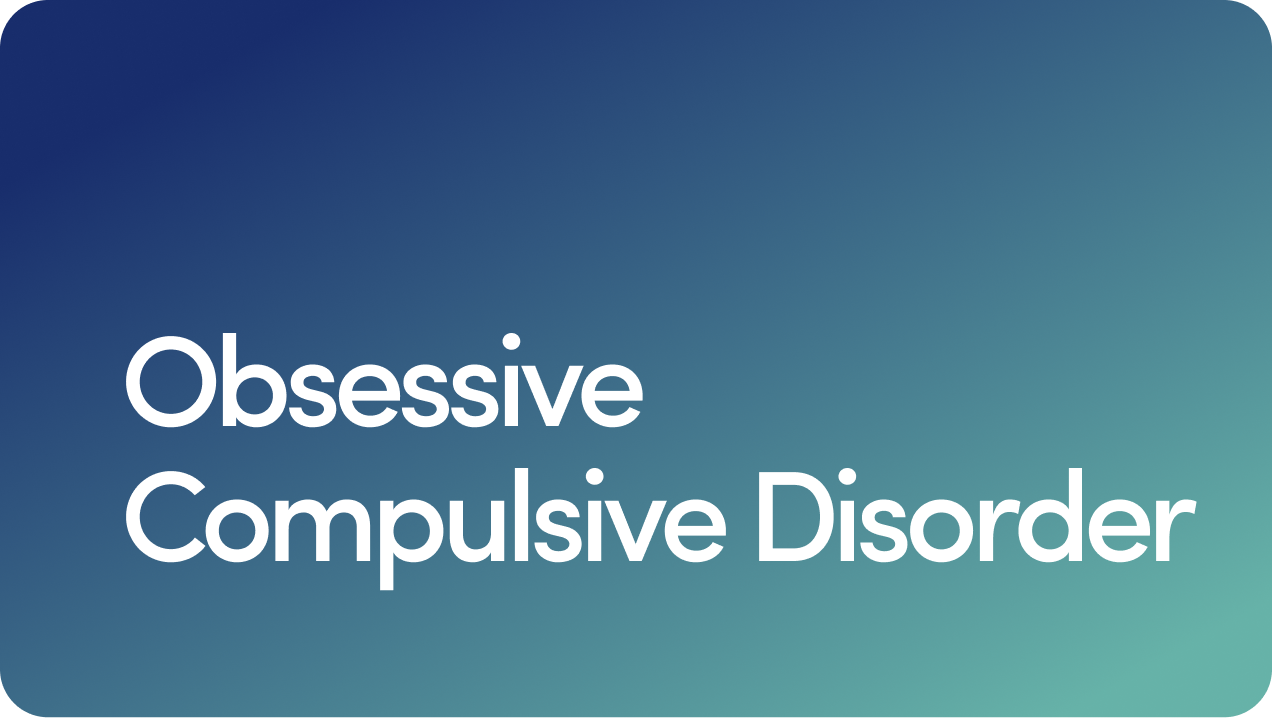 OCD
OCD
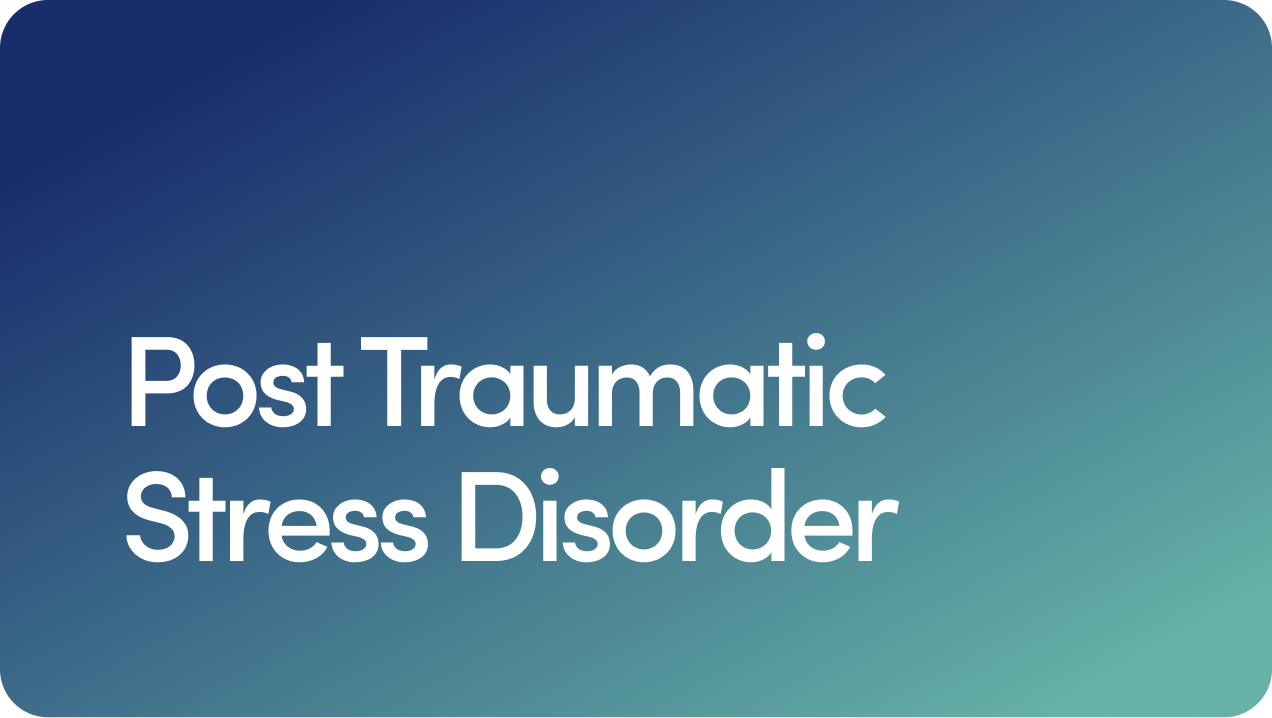 PTSD
PTSD
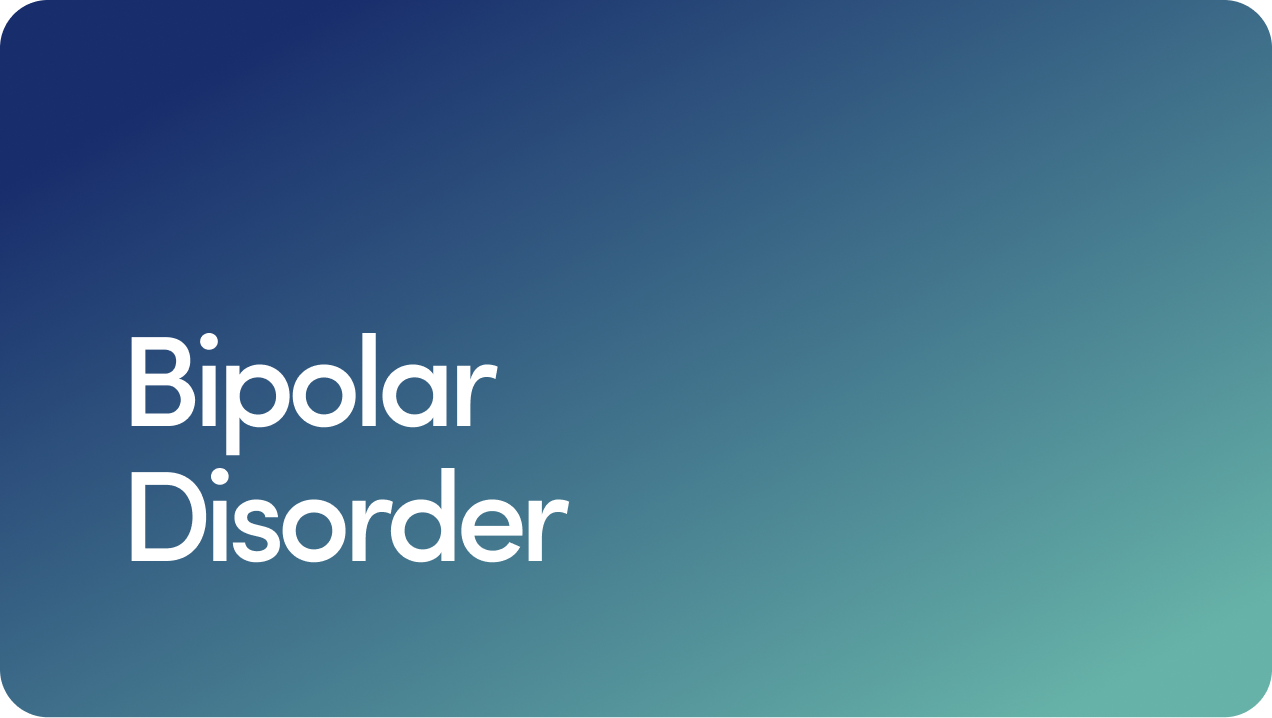 Bipolar Disorder
Bipolar Disorder
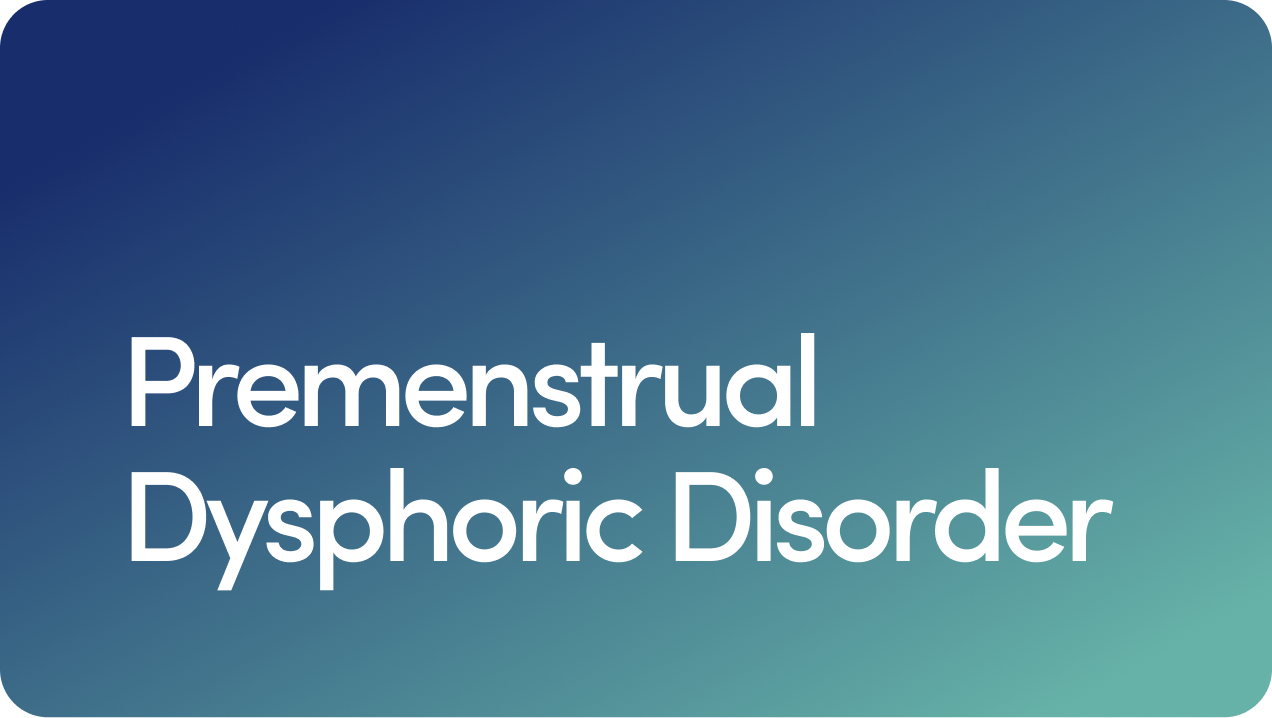 Premenstrual Dysphoric Disorder
Premenstrual Dysphoric Disorder